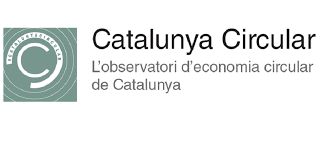ALME company belongs to the AMES group, one of the world leaders in metals sintering industries for the manufacture of precision metal parts, basically for the automotive sector. Sintering is a modern technique aimed to obtaining precision parts for large series, without loss of material and through processes that make it highly reliable.
The manufacturing process of sintered parts consists in the welding of metallic dust particles by diffusion in solid state. It is necessary to use a temperature range lower than the melting temperature of the material used in order to get an effective welding.
Although sintering is a type of processing considered to be environmentally friendly, it has been calculated that the amount of waste generated per ton of product produced is approximately 300 kg. For this reason, ALME proposed new ways to manage this waste.
During this process 2 types of waste are generated that are managed as a by-product in the Catalan regulatory framework:
- Metallic dust: waste generated in the factory, such as ferrous metal dust and particles.
- Ceramic plates: pressed pieces pass through ovens on ceramic plates that support. These ceramic plates have a limited life time and end up breaking.
The former, being characterised by a high density, it was reused in a company dedicated to the manufacture of elevator counterweights, since it is suitable for this type of pieces.
The latter was used for the manufacture of clinker in a cement factory, replacing the consumption of slate, iron minerals and calcareous stone.







